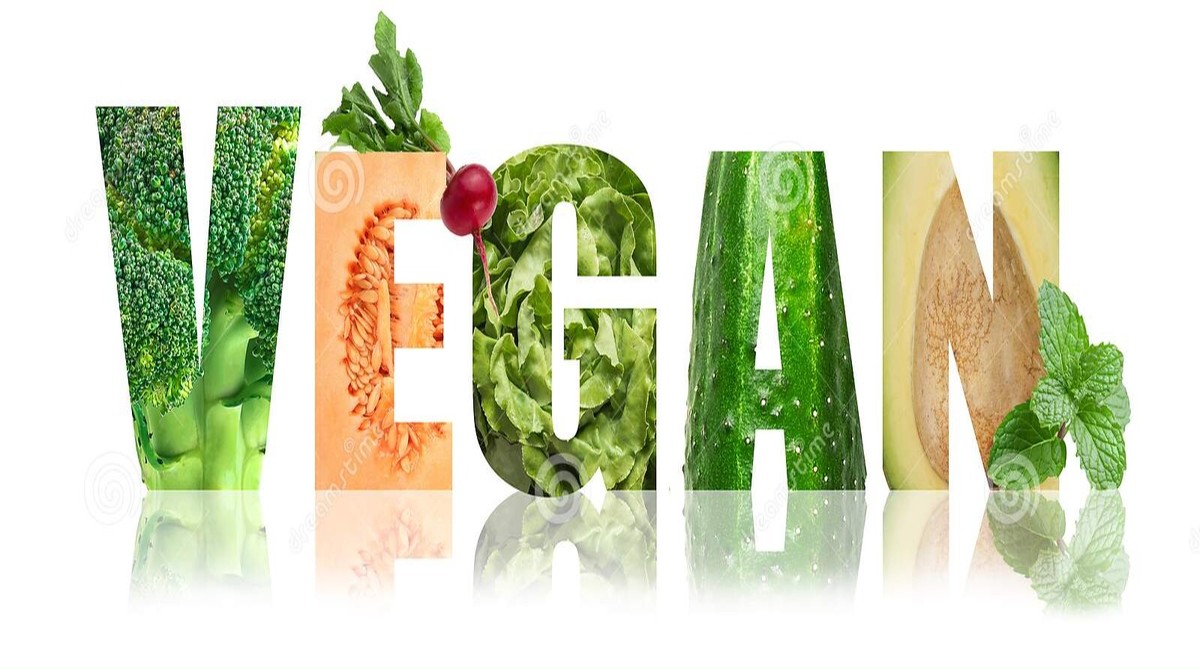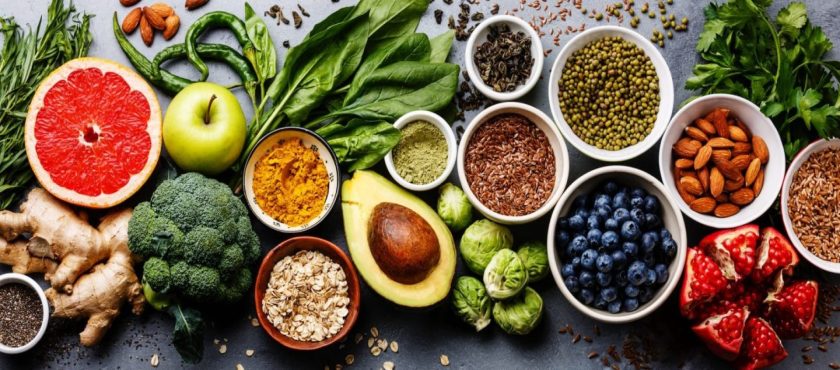What are Vegan food products?
July 13, 2022

What is Veganism?
Veganism is a food eating practice where you completely abstain from eating any animal/animal-derived products. These animal products include even foods like honey, milk and milk products like - cheese, butter, ghee, and milk cream, apart from nonvegetarian meats like chicken, fish, egg, molluscs etc.
This concept is not new, but its history can be traced back to olden civilizations. The people following this food eating practice are known as ‘Vegans” and a diet containing only vegetarian foods except honey and dairy foods was popularly called ‘ The Vegan Diet’
Food is derived from two many sources - those with plant origin - fruits, vegetables, etc., and animal origin which even include honey (from bees), milk (cows), meat (animals) etc.
Vegan vs Plant-based vs Vegetarian
Vegetarians do consume animal products but are usually, restricted to eggs and dairy products. It has a subcategory called - LactoVegetarian - where the person consumes only milk but not egg, Lacto-ovo-vegetarian where both are consumed and the third category is Ovovegetarian where only eggs are consumed, with regular vegetarian food. A vegan doesn’t consume any animal-derived products hence are sometimes called ‘Strict vegetarians’.
There is a third type called Plant-based eaters, who focus on having fresh whole plant-based food but occasionally consume animal products like milk, egg, honey, meat, fish etc.
How do I look for Vegan packed food products?
This may not be much of a struggle unless the product is not declared ‘Vegan’ on its food label. You can also look out for the allergens section on the food label as most animals derived foods are the primary allergic-causing foods. To read more on the allergens present in food and how to identify them -
Although there aren’t many labelling laws governing vegan food it is soon expected to be introduced just by organic food labelling, gluten-free product labelling, etc. looking at the growing trend in vegans in India!

Are you planning to try Veganism? The chart below might help you…
Foods can have | Foods cannot have |
|---|---|
Fruits and vegetables Legumes such as peas, beans, and lentils Nuts and seeds Bread, rice, and pasta Dairy alternatives such as soymilk, coconut milk, and almond milk Vegetable oils, nut seed oils etc | Non-Vegetarian foods -Beef, pork, lamb, and other red meat, Chicken, duck, and other poultry All seafood - Fish or shellfish such as crabs, clams, and mussels Eggs Milk and all its products -Cheese, butter, ghee, cream, paneer etc. Honey |
Also Read - How To Distinguish Between Vegetarian And Non-Vegetarian Food Products
References:
https://www.nhs.uk/live-well/eat-well/the-vegan-diet/

Rashida Vapiwala (Founder at LabelBlind®, Food Label Specialist, Ph.D (Food Science and Nutrition))
Rashida is passionate about solving problems for the food industry using technology. She loves creating tech-led solutions in the space of Nutrition.
